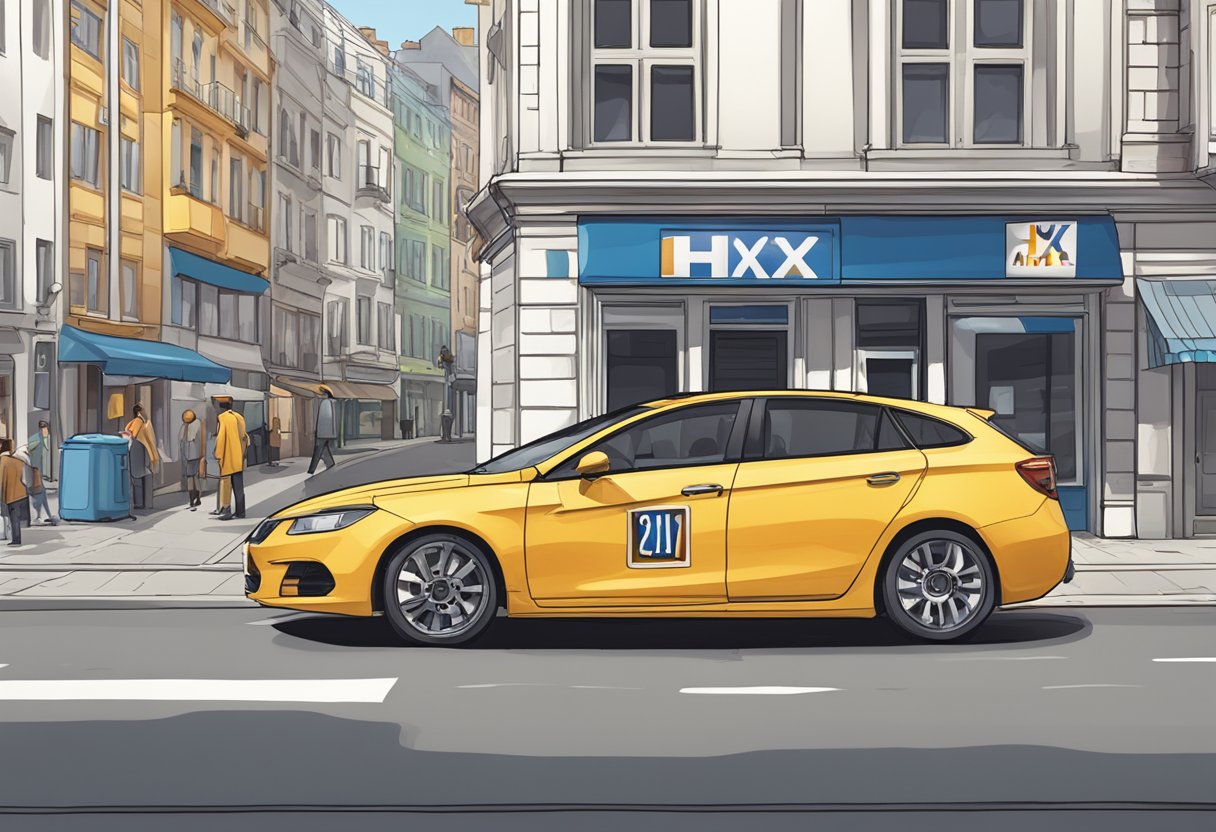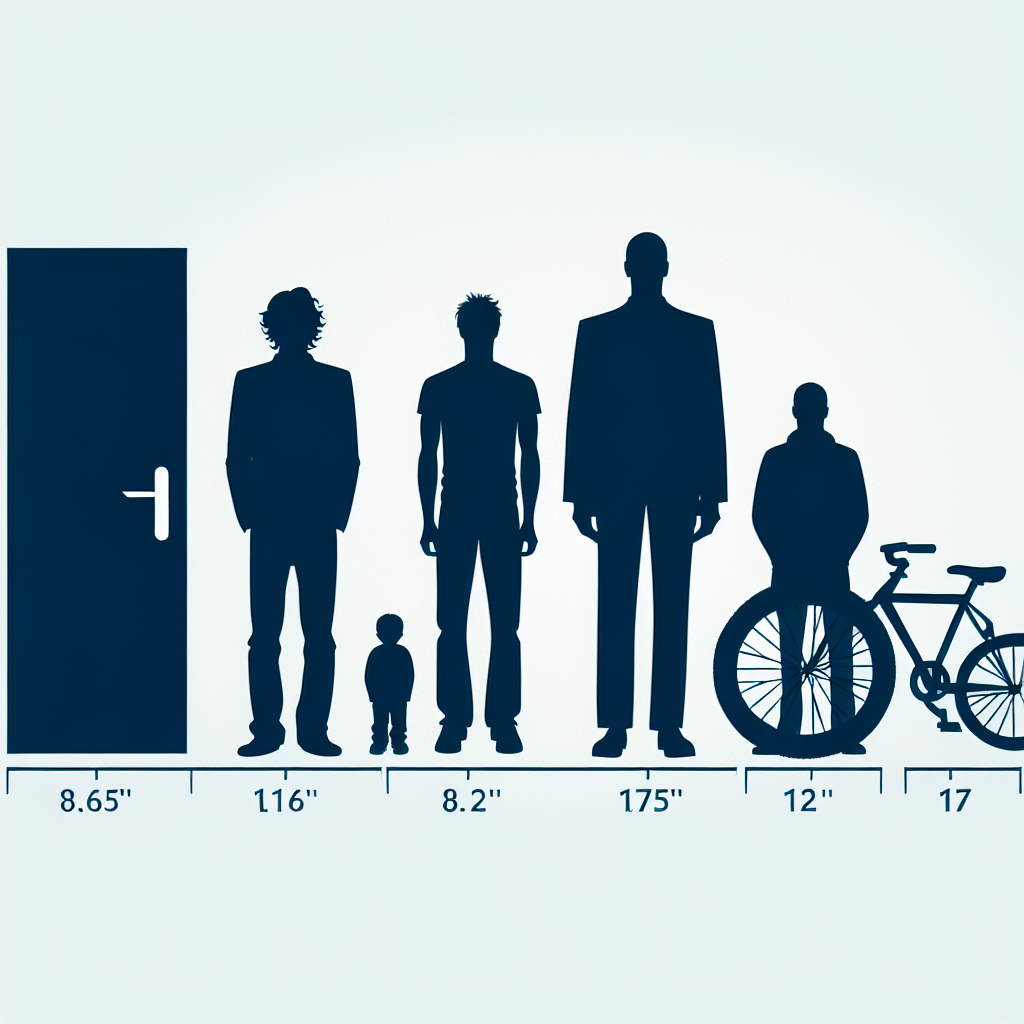Unveiling the Latest E-Mobility Trends in Europe
As Europe rapidly transitions towards sustainable transportation, the latest e-mobility trends are reshaping cities and lifestyles across the continent. Let's explore the key developments that are driving this transformation.

1. The Rise of Electric Vehicles (EVs)
Electric vehicles continue to dominate the e-mobility landscape in Europe. As of 2023, sales of EVs have surged, propelled by stringent environmental regulations and a growing consumer demand for eco-friendly options. Major markets including Germany, France, and the UK are leading the charge, with EV sales accounting for over 20% of total new car registrations in these countries.
Key Features of the EV Market
- Increased Variety: Automakers are introducing a myriad of models, from compact cars to luxury sedans, thus appealing to diverse consumer preferences.
- Battery Innovation: Advancements in battery technology, such as solid-state batteries, promise not only longer ranges but shorter charging times, addressing consumer anxiety regarding range.
- Incentives: Many European countries continue to offer incentives such as tax breaks, subsidies, and road toll exemptions to promote EV adoption.
2. Growth of Charging Infrastructure
An integral part of enhancing e-mobility in Europe is the expansion of charging networks. Governments are investing heavily to ensure that charging stations are readily available, promising a seamless experience for users.
Charging Solutions on the Rise
- Fast Charging Stations: The shift towards high-capacity fast charging stations is crucial, allowing EVs to recharge in as little as 30 minutes, effectively reducing downtime.
- Destination Charging: Many businesses are implementing charging points at hotels, shopping centers, and restaurants, catering to the needs of EV owners and fostering longer stays.
- Smart Charging: Integrating smart grids allows for optimized energy consumption during peak hours and encourages users to charge during off-peak hours when electricity is cheaper.
3. Micromobility Takes Center Stage
As cities grapple with congestion and pollution, micromobility solutions such as electric scooters and bikes have gained traction throughout Europe. Several cities have adopted regulatory frameworks that support micromobility, making short-distance travel more efficient and eco-friendly.
Trends in Micromobility
- Integration with Public Transport: Cities are increasingly integrating micromobility solutions with public transportation, offering users a comprehensive and sustainable transportation network.
- Shared Micromobility Services: The popularity of e-scooter and e-bike-sharing programs continues to grow, providing residents with affordable options for short trips without the need for ownership.
- Sustainable Practices: Companies are focusing on sustainability in their operations, ensuring that the materials used in scooters and bikes, as well as their charging practices, align with environmental goals.
4. Policy and Regulation Influence
Regulatory measures continue to play a critical role in shaping the e-mobility landscape in Europe. Governments are adopting policies aimed at reducing emissions and encouraging the use of electric transport.
Key Regulatory Trends
- Emission Targets: The European Union is enforcing strict emission reduction targets for vehicle manufacturers, compelling them to invest in electric mobility.
- Low-Emission Zones: Many urban areas are implementing low-emission zones where only electric vehicles can operate, driving a shift away from fossil-fueled vehicles.
- Subsidies and Grants: E-mobility initiatives often come with government support, providing funding for start-ups and established companies looking to innovate in the sector.
5. Technological Innovations
Finally, technological advancements are at the forefront of e-mobility trends in Europe. Companies are exploring new ways to enhance the user experience and improve EV performance.
Notable Innovations
- Connected Vehicles: Integration of IoT technology in EVs is leading to smarter, safer vehicles that collect and share data with users and infrastructure.
- Autonomous Driving: Research and trials for autonomous electric vehicles are gaining momentum, promising to revolutionize the concept of mobility.
- Vehicle-to-Grid Technology: This technology enables EVs to provide energy back to the electric grid, creating a decentralized energy model that benefits users and utilities.
Conclusion
The latest e-mobility trends in Europe illustrate a promising transition towards sustainable transportation solutions. With continued advancements in technology, infrastructure improvements, regulatory support, and a shift in consumer preferences, the future of e-mobility in Europe looks bright. As manufacturers and cities navigate these trends, Europe is poised to lead the way in promoting a cleaner, more efficient mobility ecosystem.
New posts

The Rise of E-Mobility Start-Ups: Transforming the Future of Transportation
Electric Vehicles

Understanding the Percentage of Electric Cars in Norway: A Comprehensive Analysis
Sustainability

Exploring Electric Car Battery Swap Stations: A Revolutionary Solution for Sustainable Transportation
Electric Vehicles

Latest E-Mobility News: Trends, Innovations, and Insights
Sustainability

The Future of Performance: Exploring Audi Quattro Electric Technology
Sustainability

Understanding Bio Hybrids: Revolutionizing Biotechnology
Technology

Bio Hybrid vs Electric: Which Is the Future of Sustainable Driving?
Innovation

Exploring the Audi Quattro Electric Range: Performance, Efficiency, and Features
Electric Vehicles

Audi Quattro Electric vs Tesla Model Y: A Comprehensive Comparison
Electric Vehicles

What to Expect from Bio Hybrid Cars in 2025
Sustainability
Popular posts

The Rise of Polestar Motorcycles: A Comprehensive Look at This Exciting New Player
Sustainability

Maximize Your EV Experience with a Wallbox Garage: All You Need to Know
Home Improvement

Exploring NIO Power Swap Stations: Revolutionizing EV Ownership
Sustainability

Exploring Apple Project Titan: The Future of Autonomous Vehicles
Innovation

How Do Electric Car Incentives Work? A Detailed Guide
Sustainability

The Rise of Eco-Friendly SUVs: What You Need to Know
Sustainability

Hydrogen vs Electric Cars: A Comprehensive Comparison
Sustainability

The Latest Insights and Trends in EVNews: Your Go-To Source for Electric Vehicle Updates
Sustainability

Unveiling the Latest E-Mobility Trends in Europe
Technology

Exploring the World of EV Magazines: Your Ultimate Guide
Sustainability